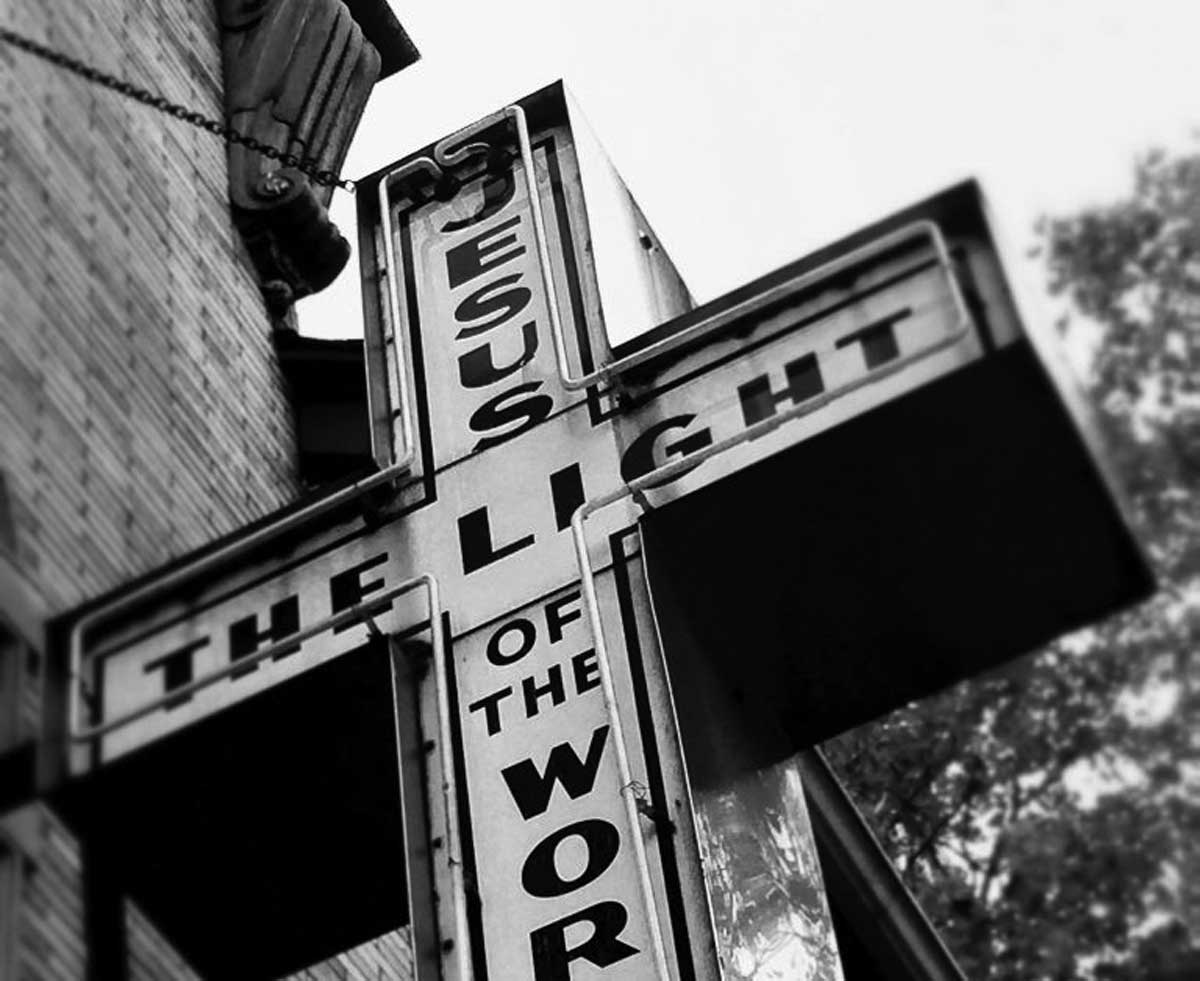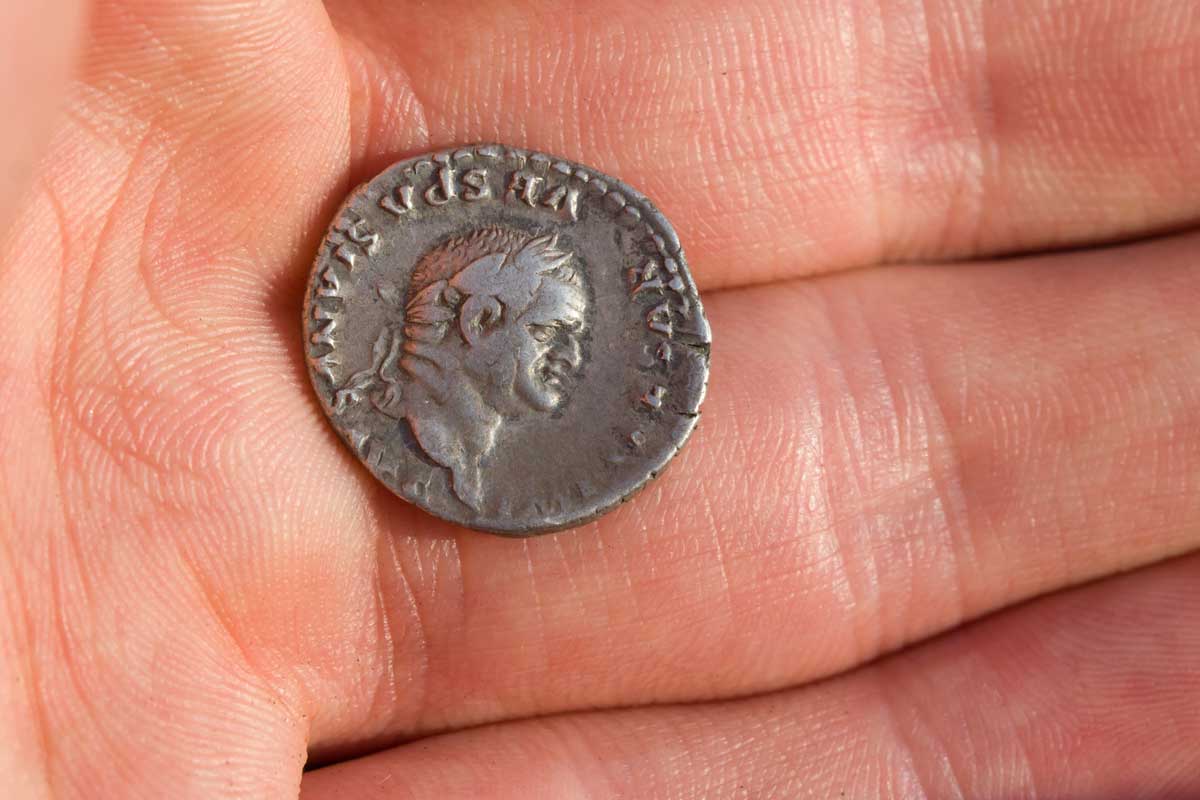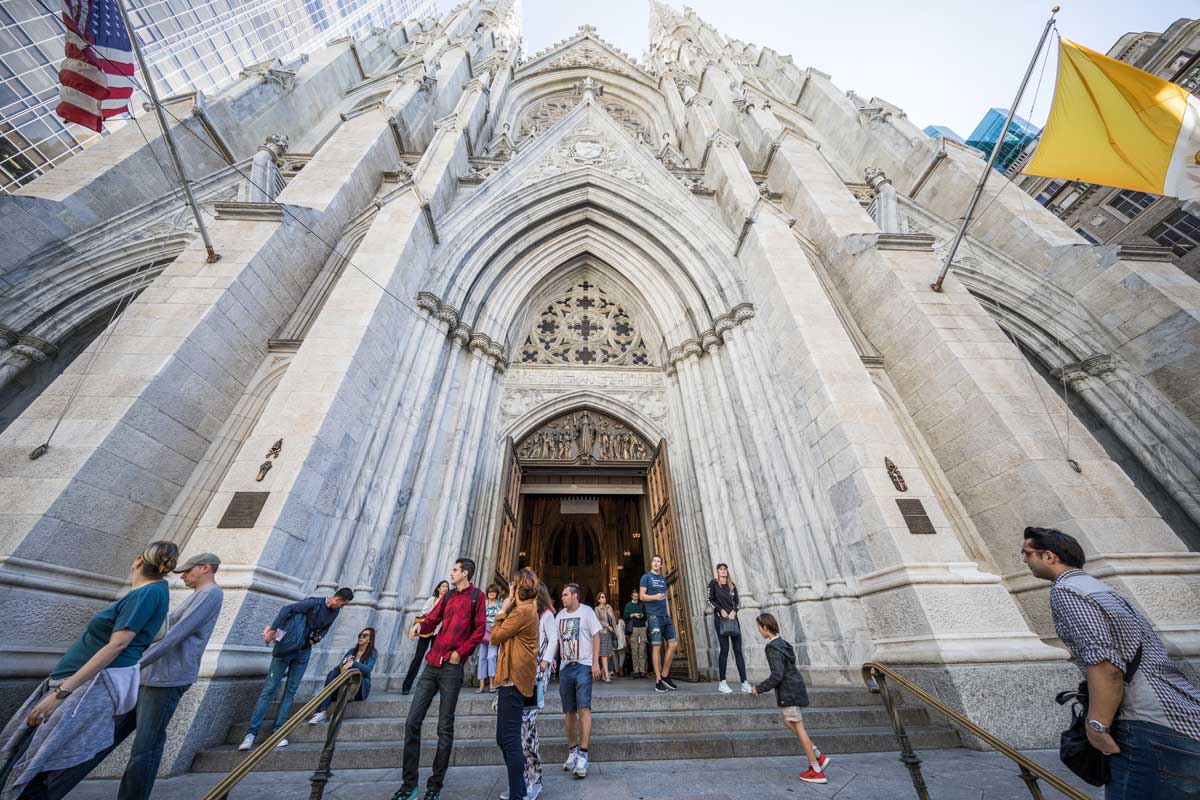Editorial
The Names of the Christian
Labels & the Ecumenism of Discipleship
"And the disciples were called Christians first in Antioch" (Acts 11:26). Christian is the most common term we use today, but in the apostolic church, the name didn't initially stick. It did not originate with Jesus and was not chosen by his disciples. It was the label the Antiochenes put on the members of a new Jewish sect who followed the teachings of the latest messiah (Hebrew for anointed one, Greek, christos). They could just as well have called them "messianics."
A few years later, Agrippa asked Paul if he intended to persuade him "to be a Christian" (Acts 26:26). Paul said yes, but did not repeat the label. Peter wrote, "If anyone suffers as a Christian, let him not be ashamed, but let him glorify God in that name." The name "Christian" would have been spoken as an accusation; Peter said to own it with honor. Christian was useful over many centuries, but it also has been qualified by adjectives reflecting division: Nestorian, Chalcedonian, Roman Catholic, Orthodox, Byzantine, Protestant, Anabaptist, Evangelical, and so on.
Nowadays, even those labels are contended. A recent book, Still Evangelical? Insiders Reconsider Political, Social, and Theological Meaning, asks, according to InterVarsity Press, "In the Age of Trump, Can We Still Be Evangelical?" IVP claims, "Evangelicalism in America has cracked, split on the shoals of the 2016 presidential election and its aftermath, leaving many wondering if they want to be in or out of the evangelical tribe." A schism over an election? Perhaps some put too much stock in politics. Or perhaps a copywriter is overstating the case. Regardless, tensions over political, social, and moral issues exist within other churches, too, including Catholic, Evangelical, Reformed, Anglican, and Orthodox ones. People tend to wonder, even if they don't ask, "Is he a liberal Catholic (or Evangelical, or Reformed, etc.) or a traditional one?"
Perhaps these labels have more currency today because of our fractious culture of identity politics. It may be timely to recall that the first Christians knew and identified themselves first as disciples, mathetes, that is, "learners," students following the teachings of Jesus. They had accepted Jesus' invitation: "Take my yoke upon you, and learn (mathete) from me." Jesus charged them to "make disciples (matheteusate) of all nations." The apostles did, and so the Book of Acts is filled with references to disciples.
The word disciple puts the priority on our posture as humble students of Christ rather than on asserting various interpretations of theology. A disciple is someone who follows closely someone else's teachings. Disciples of Karl Marx, Sigmund Freud, Peter Drucker, or Saul Alinsky are expected to adhere closely to their mentor's teaching in, respectively, social theory, psychology, business management, or political activism.
The teachings of Jesus, however, are all-encompassing. They are not a set of ideas about a single topic but prescriptions for a whole way of life that shapes the souls of those called to be saints, the word Paul routinely uses for Christians. Christ's teachings speak to the heart of man. Following his Sermon on the Mount will move us closer to him, whom we are to imitate.
Unfortunately, there is division over the teachings of the faith. Many claiming the label "Christian" consider those things to be the "teachings of Christ" that reflect various agendas. Such selective teachings change with the times: muscular Christianity, Social Gospel Christianity, social justice Christianity, environmental Christianity. The name Christian has been watered down to an adjective for various groups: Christian democrats, Christian socialists, Christian feminists, Christian humanists, even Christian atheists.
If discipleship is considered at all, it is assumed that it means following an interpretation of Jesus' teaching or his "example" on a favored concern. Jesus did not turn away the outsider, so, it is claimed, he would accept transgender persons or same-sex couples as members of his Church in good standing—perhaps even as leaders. But such an editing of Jesus ignores the full scope of his teaching, including his warnings in Revelation about immorality in its various forms. It also veers off the clear path laid out for us in the Church's moral tradition, which is built on the testimony of generations of faithful disciples.
Discipleship is the ecumenism needed today. Christians—Catholic, Protestant, Orthodox, or other—who are serious disciples recognize each other when they meet. They recognize each other as desiring to keep Christ's commandments and eager to realize his promise: "If you keep my commandments, you will abide in my love. . . . These things I have spoken to you, that my joy may be in you, and that your joy may be full" (John 15:11). Our generation, like all those before, desperately needs the gospel. And to make disciples, disciples are needed.
James M. Kushiner is the Director of Publications for The Fellowship of St. James and the former Executive Editor of Touchstone.
bulk subscriptions
Order Touchstone subscriptions in bulk and save $10 per sub! Each subscription includes 6 issues of Touchstone plus full online access to touchstonemag.com—including archives, videos, and pdf downloads of recent issues for only $29.95 each! Great for churches or study groups.
Transactions will be processed on a secure server.
more on ecumenism from the online archives
more from the online archives
calling all readers
Please Donate
"There are magazines worth reading but few worth saving . . . Touchstone is just such a magazine."
—Alice von Hildebrand
"Here we do not concede one square millimeter of territory to falsehood, folly, contemporary sentimentality, or fashion. We speak the truth, and let God be our judge. . . . Touchstone is the one committedly Christian conservative journal."
—Anthony Esolen, Touchstone senior editor














